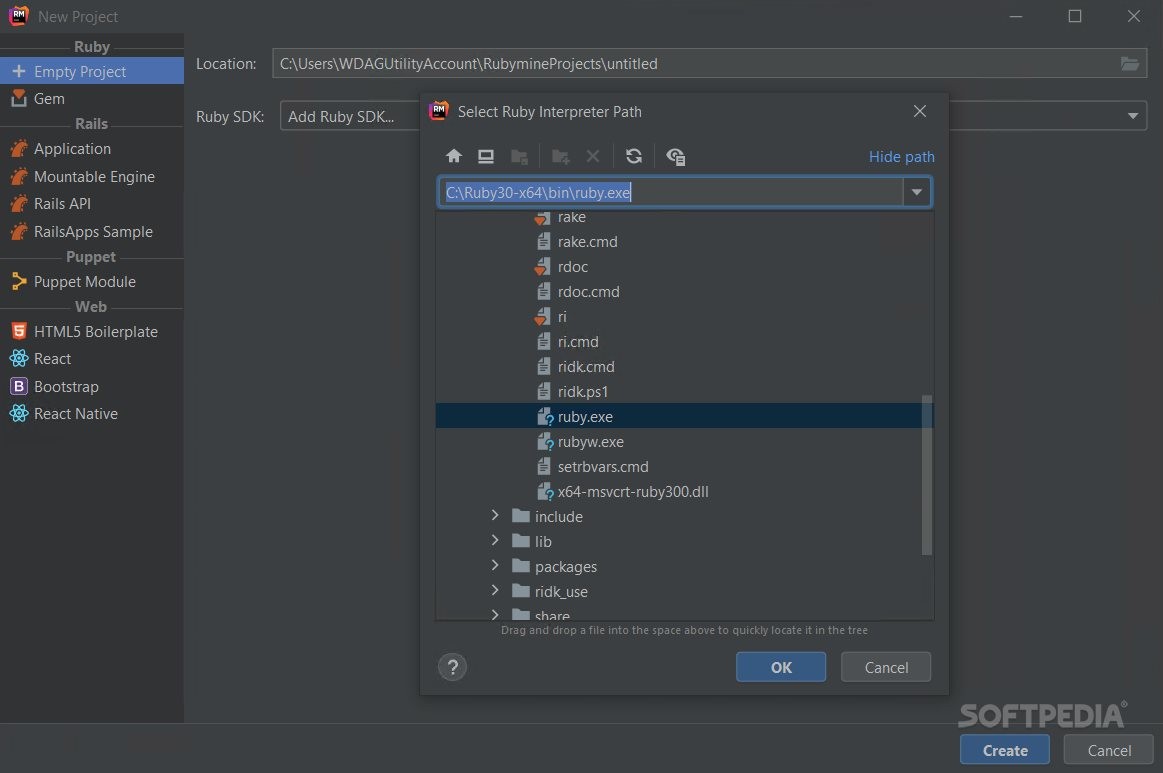


Our first problem is solved by using docker compose directly. Same if you want to use PATH variables of the IDE instead of environment variables.Įnvironments in Dev Container Our solution – Docker Compose: Also, using a local environment variable to pass it to Docker doesn’t work in Run Configuration, nor in Docker Image creation, as the images below show. This is because the IDE then integrates the environment variables of the Docker container and not those of my local machine. The normal integration of the system environment variables by simply checking this option unfortunately does not work here when we start the program in Docker. Our wish was to have a local environment variable MY_MACHINE_IP where each developer writes their IP address and the Docker container fetches it when the program starts. In our version control system, however, we don’t want to constantly overwrite the IP addresses or check before each push that you don’t accidentally write up your own IP address. For this, the Docker container needs to know my IP address, or the respective IP address of each developer. Furthermore, we need to talk to our local machine from our Docker container, for example to access a DB or to use a VPN tunnel originating from the local machine.RubyMine unfortunately does not have Docker Container Settings, different to other Jetbrain IDEs, so a simple –rm does not work. Check path/Pids/Server.pids.” This behavior can be worked around with a Before Launch script that deletes the file when the application starts, but it’s not very nice. For example, the Server.pids file remains on the local machine, resulting in the following error: “A server is already running. When using a single Docker image as an interpreter, it does not clean up everything when exiting the application and container.So in this blog post, I’ll present you some hard-won insights and show you what solution we came to.

This has the advantage that we don’t need local installations of for example Ruby or single packages, but all requirements are in a Docker container and our machine stays clean. As you know from previous blog entries, we now rely on Docker dev containers as interpreters for our IDEs.


 0 kommentar(er)
0 kommentar(er)
